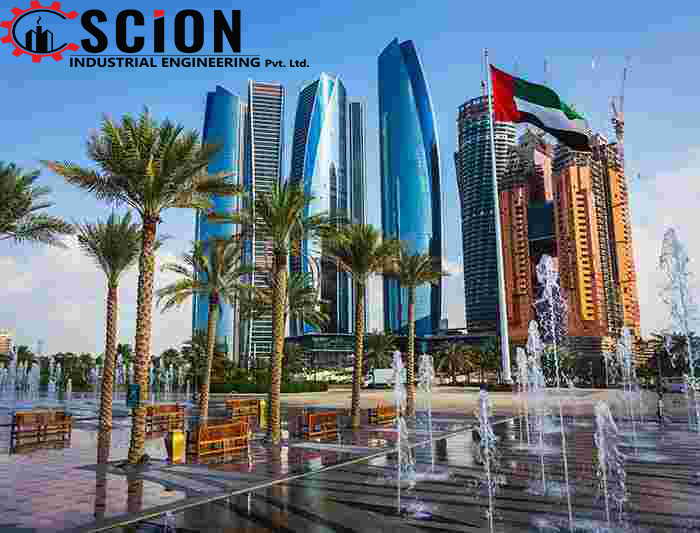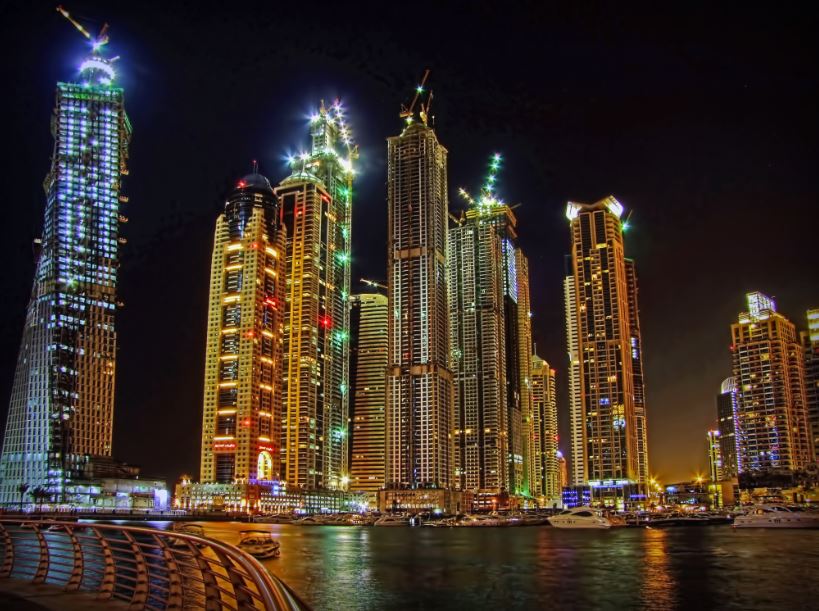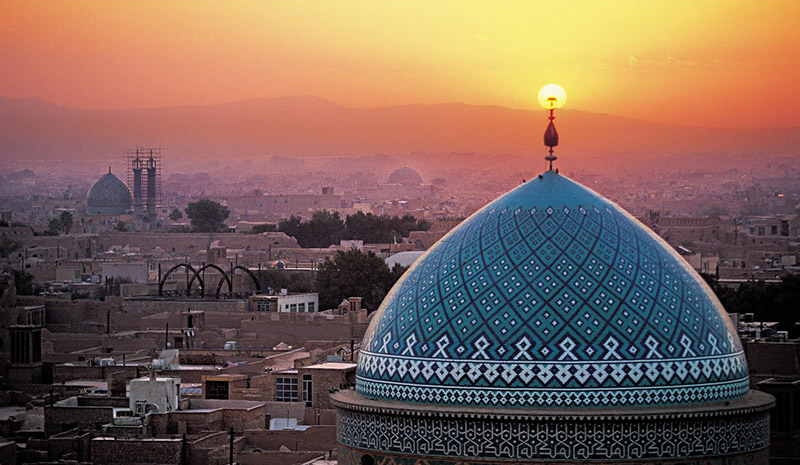Bahrain ranked in the top half (27th) of 64 global economies on the 2023 Institute for Management Development (IMD) World Talent Ranking, climbing 8 positions since 2022 and placing 2nd in the Arab World. The rankings assess three factors of each country: the investment in and development of home-grown talent, the appeal factor – which goes beyond the focus on retaining the local workforce incorporating the ability to tap into the overseas talent pool, and finally the workforce’s competencies and quality of skills.
Owing to a tech-savvy, driven, and diverse workforce, Bahrain has cemented itself as a leading destination for international investors that are seeking highly skilled talent. Moreover, the island nation’s strategic location in the heart of the Gulf offers promising operational growth opportunities for businesses seeking to tap into the Middle East and North African market and beyond.
A strong indicator of the deep-rooted investor trust in Bahrain’s talent pool, the past few years have witnessed leading regional and global industry leaders base their service centres and technology hubs in Bahrain. Citi’s Global Tech Hub, the regional service centres of both Talabat and PwC Middle East, alongside the recently announced KPMG Low-Code Centre of Excellence, are collectively set to generate 2410 employment and training opportunities for the local workforce.
Bahrain also performed remarkably well on the “Readiness” index of the report analysing the talent landscape, which assessed key criteria including availability of international experience and competency of senior managers, landing an overall score of 73.7%, earning Bahrain the admirable position of 6th globally in both finance skills and language skills.
With sector-wide digital transformation initiatives implemented year after year, the government and private sectors in Bahrain operate as an agile collective, harnessing the ‘Team Bahrain’ approach to continue to foster a thriving ecosystem conducive to successful long-term business performance, thereby cementing the strategically located island nation’s eminence as a value-adding destination for investors.
Nada AlSaeed, Chief of Strategy at Bahrain Economic Development Board, said, “Talent competitiveness increasingly hinges on a country’s commitment to empower its workforce. For Bahrain, the continued investments in talent have gained the trust of investors, further demonstrated in the rise of global data centres and tech hubs setting up their roots locally.”
The Chief of Strategy added, “These home-grown achievements enable Bahrain to build on its position as a leading destination for talent on a global scale, owing to the local Bahraini’s working side-by-side with a diverse pool of global experts offering specialised skills and qualifications to serve international clients and their future demands.”
With recent initiatives that include Tamkeen’s ‘Kawader’ skills portal, which connects local talent with high-potential job opportunities in the ICT sector, as well as the establishment of the nationally backed initiative Hope Talent, a talent management organisation that matches high-achieving candidates with the right job opportunities, Bahrain continues to earn its stripes as a leading destination for highly skilled talent. Bahrain’s forward-looking government continues to invest in the local talent pool, upskilling and reskilling individuals with the requisite skills to meet rapidly changing market needs. The creation of high-value job opportunities is one of the key pillars under the national Economic Recovery Plan launched in 2021, which prioritises the development of an innovative, adaptive local workforce, targeting the employment of 20,000 and the training of 10,000 annually until 2024, with a focus on the financial services and ICT sectors.
Source:https://www.bahrainedb.com/latest-news/bahrain-secures-high-rankings-maintaining-its-standing-as-a-global-destination-for-talent









